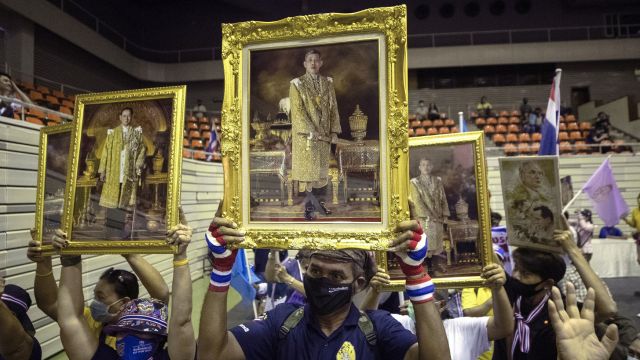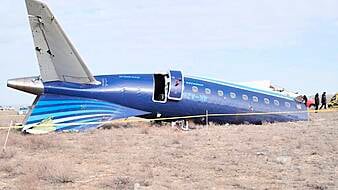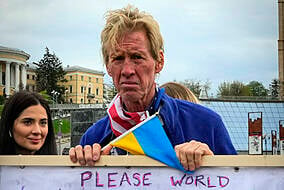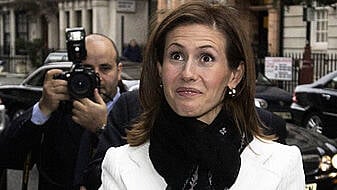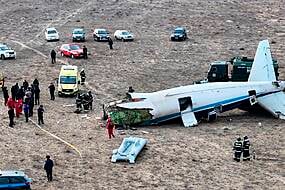Calling themselves Thai Pakdee, or Loyal Thai, most were dressed in yellow shirts — a colour closely associated with the monarchy and the ruling establishment.
Some clutched portraits of current King Maha Vajiralongkorn and of his late father, King Bhumibhol Adulyadej, while others waved giant national flags.
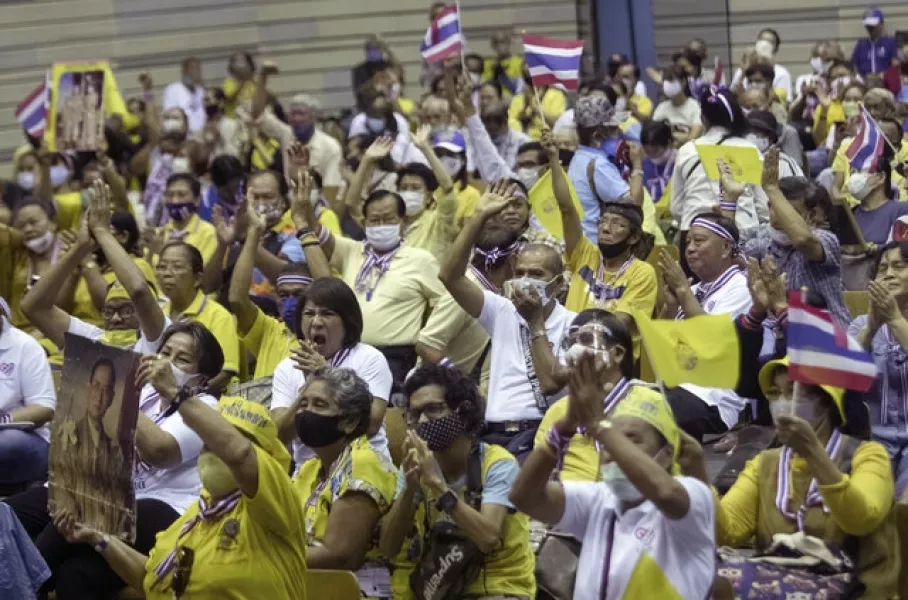
The event took place as anti-government protests gather momentum across Thailand, posing the strongest challenge yet to the rule of Prime Minister Prayuth Chan-ocha.
The former army chief first took power in a coup in 2014, then retained it in an election last year widely seen as rigged to all but guarantee his victory.
Speakers at Sunday’s rally pledged to protect the monarchy and the nation.
Videos were shown, one of which extolled King Maha’s role in fighting communism in the 1970s, when a jungle insurgency threatened the country’s stability.

One speaker, Patiyut Tongpajong, said: “I promise to fight shoulder to shoulder with brothers and sisters who share the same beliefs, to protect the beloved institution.”
Speaking to the media earlier, Thai Pakdee leader Warong Dechgitvigrom, a former member of parliament, said the aim was “to educate the people”.
The protesters the royalist movement are responding to have three core demands: holding new elections, amending the constitution and ending the intimidation of critics of the government.
But some of the anti-government movement’s leaders stirred controversy with an unprecedented call for reform of the monarchy, which they consider out of touch and unaccountable.

The institution has traditionally been treated as beyond reproach. It is also protected by strict defamation laws that can result in 15-year prison sentences.
And although the anti-government protesters have called for reform of the monarchy, not its abolition, the supporters of Thai Pakdee believe a line has been unacceptably crossed.
While those at the anti-government events are mainly young students, those at Sunday’s rally appeared overwhelmingly to be retirees.
Fears are rising that Thailand could be on the verge of renewed political violence, with the students showing no inclination to compromise and the prime minister replacing his earlier conciliatory tone with a stern warning of impending chaos.
Over the past 15 years, political polarisation has led to chaotic street clashes between contending political blocs, as well as with security forces.
